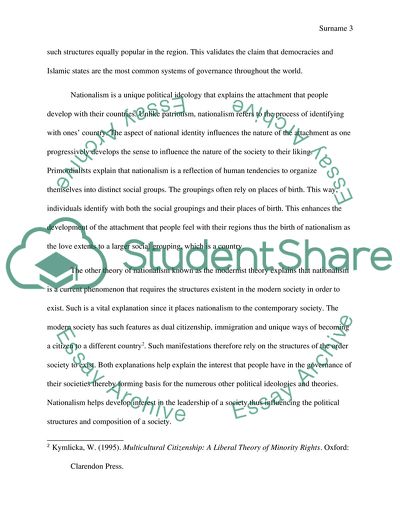Cite this document
(Nationalism as Theory and Ideology Coursework Example | Topics and Well Written Essays - 2000 words, n.d.)
Nationalism as Theory and Ideology Coursework Example | Topics and Well Written Essays - 2000 words. https://studentshare.org/politics/1849008-theories-and-ideologies
Nationalism as Theory and Ideology Coursework Example | Topics and Well Written Essays - 2000 words. https://studentshare.org/politics/1849008-theories-and-ideologies
(Nationalism As Theory and Ideology Coursework Example | Topics and Well Written Essays - 2000 Words)
Nationalism As Theory and Ideology Coursework Example | Topics and Well Written Essays - 2000 Words. https://studentshare.org/politics/1849008-theories-and-ideologies.
Nationalism As Theory and Ideology Coursework Example | Topics and Well Written Essays - 2000 Words. https://studentshare.org/politics/1849008-theories-and-ideologies.
“Nationalism As Theory and Ideology Coursework Example | Topics and Well Written Essays - 2000 Words”. https://studentshare.org/politics/1849008-theories-and-ideologies.


